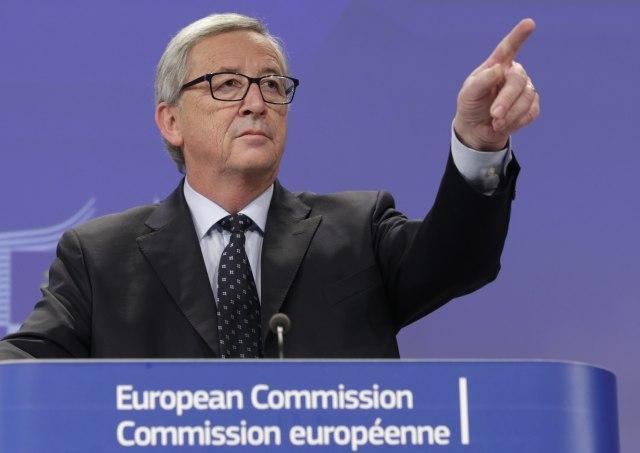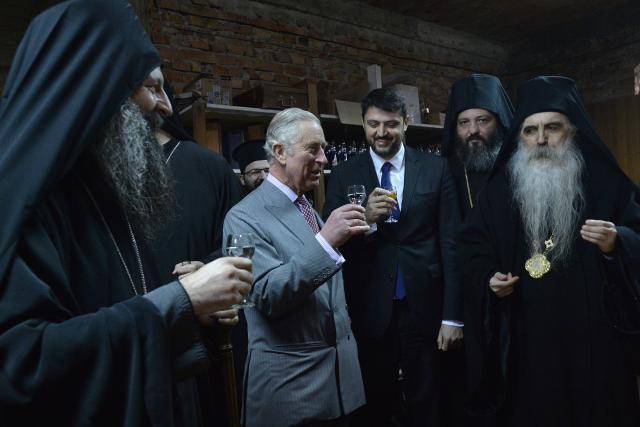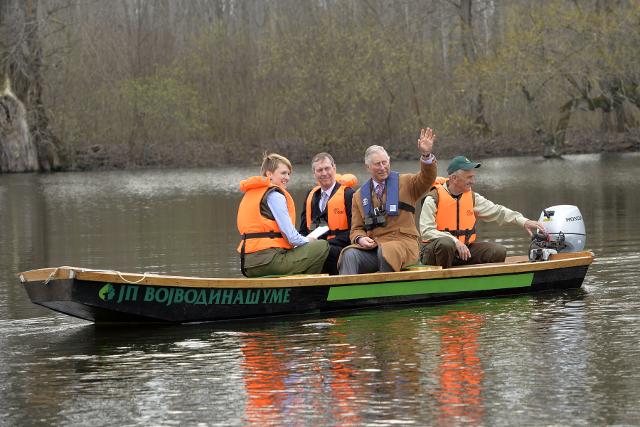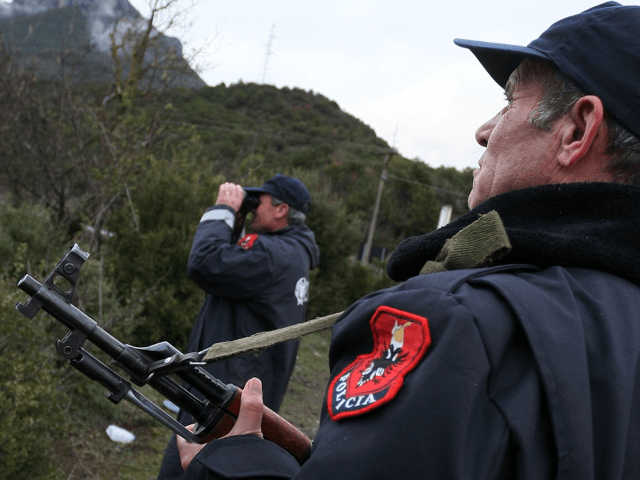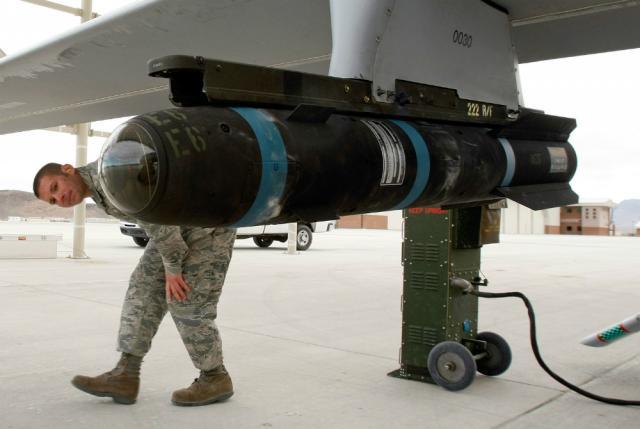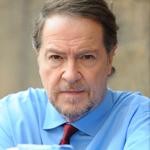This is a war Turkey is slowly losing.
That
is the view of Deakin University terror expert Greg Barton who said the
regional powerhouse is battling with internal dissent as well as
attacks by Islamic State militants and the Kurdistan Workers Party
(PKK).
However, according to Prof Barton the problem is only going
to get worse with President Tayyip Erdogan desperate to maintain
control at the expense of security and democracy.
His comments follow
a deadly terror attack in the capital Ankara overnight which killed 34 people after a bomb-laden car exploded at a crowded transport hub.
More than 125 people were being treated at various hospitals in Ankara, with several others critically injured.
The
PKK, which has waged a three-decade insurgency for Kurdish autonomy,
has been blamed for the attacks but have not yet claimed responsibility.
President
Erdogan said the latest attacks “threatened our country’s integrity and
our nation’s unity and solidarity, but do not weaken our resolve in
fighting terrorism but bolster our determination.”
It also follows
several others to hit the country in recent months and has prompted
warnings about travelling to the country in the lead up to the annual
Gallipoli celebrations.
Prof Barton said security was tight last
year and given the spate of recent terror attacks across the country, is
urging Australians to think twice about travelling there.
The Ankara attack is the latest wave of violence to rock Turkey.Source:AP
UNDER ATTACK
Turkey
is a county under attack on several fronts and the overnight bombing is
the latest in a string of violence to rock the troubled country.
Last
month, 28 people were killed and more than 60 were injured after a car
bomb exploded near vehicles carrying military personnel in the capital.
Buses
carrying military personnel were attacked while waiting at traffic
lights at an intersection, hitting the convoy near military headquarters
and parliament buildings.
Deputy Prime Minister Bekir Bozdag called it an “act of terrorism”.
Ankara governor Mehmet Kiliclar said authorities believe the explosion was caused by a “bomb-laden vehicle.”
A
Syrian national with links to Syrian Kurdish militia carried out the bombing.
However
Kurdish rebels, the Islamic State group and a leftist extremist group
have also carried out attacks in the country recently.
Turkey is a nation struggling to cope with a wave of violent and deadly terror attacks.Source:AFP
In January, 11
German tourists were killed after a suicide bomber affiliated with the IS detonated a bomb in Istanbul’s historic Sultanahmet district.
In
October, suicide bombings blamed on IS targeted a peace rally outside
the main train station in Ankara, killing 102 people in Turkey’s
deadliest attack in years.
More than 30 people were killed in a suicide attack in the town of Suruc, near Turkey’s border with Syria, in July.
It comes after
Turkish authorities claimed they foiled a Paris-style terror attack in October last year.
Authorities
claimed a high-profile British jihadist may have been planning attacks
in Istanbul similar to those in Paris, while eight other people
suspected of links to Islamic State were also detained in Ankara,
Reuters reports.
ERDOGAN LOSING CONTROL
The Turkish leader is a man under pressure.
Prof
Barton said he is also intent on keeping power and influence and has
“fallen back on Islamist policies”, sacking more moderate advisers and
politicians and suppressing dissent among people and its media.
In
short he does not want to be undermined by anyone, but it has come at a
huge cost and risk to his country’s national security.
Turkish President Recep Tayyip Erdogan has cracked down on dissidents and media.Source:AFP
“Erdogan has pushed out his best advisers at a time when he needs them the most,” he said.
“His best and brightest have either been sacked or posted to remote places and now he’s too proud to bring them back.”
The
government also imposed a gag order which bans media organisations from broadcasting or
printing graphic images of the dead or injured from the scene of the
explosion. Turkey has imposed similar bans after previous attacks.
TENSE TIMES
The Turkish government is facing an array of challenges.
Turkey
has also been helping efforts led by the United States to combat the
Islamic State group in neighbouring Syria on top of several deadly
bombings.
The Syrian war is raging along Turkey’s southern border
and recent air strikes by Russian and Syrian forces have prompted tens
of thousands of Syrian refugees to flee to Turkey’s border.
PKK
The Turkish government has been battling the PKK for decades.
The group, which was launched in the 1970s and took up arms against the Turkish government in 1984 with more than
40,000 having been killed since the conflict began, the BCC reported.
In recent years it has instead called for more autonomy for the Kurdish people.
In 2013 a fragile ceasefire was formed but was all but destroyed in 2015 when Turkey bombed PKK bases in northern Iraq.
The
process with the Kurdish rebels collapsed and security forces have
since been engaged in large-scale operations against Kurdish militants
in the southeast since December.
This has seen icontroversial curfews imposed in flashpoint areas, with the fighting displacing tens of thousands of civilians.
Protesters
stand next to a fire during clashes between Turkish forces and Kurdish
people in the centre of Diyarbakir, as they protest against the curfew
earlier this month.Source:AFP
TRAVEL WARNINGS
Foreign Minister Julie Bishop said the
government condemned the Ankara attack and would work with Turkish authorities in the lead up to Anzac Day to ensure “people are as safe as they can be.”
Australia’s Ambassador to Turkey, James Larsen, was just 20m away when the bomb went off, Ms Bishop said.
“Last
year, when it was the Centenary of Anzac, there was a very heightened
security level of support around Gallipoli and I’m sure that will
continue again this year,” she said.
Ms Bishop told Sky news the attack was a reminder of why Australia was part of a Coalition to defeat terror.
However
Prof Barton said with many Australians using the trip to travel around
the country, he didn’t think it was advisable to visit in the current
circumstances and ongoing tension.
The Australian Department of
Foreign Affairs and Trade’s Smartraveller advisory service has urged
Australians to exercise a high degree of caution in Turkey.
Istanbul remains
one of the world’s most popular tourist destinations, with more than 10 million people visiting its attractions each, Reuters reports.
Syrian
Kurds effectively control some 400km of the Syrian-Turkish border that
has been a conduit for foreign fighters joining Islamic State.Source:Supplied
IS TURKEY TO BLAME?
The short answer according to Prof Barton is yes and no.
He said Turkey opened up its borders to vast networks of IS supporters who now have vast support networks there.
He
said a grudge and souring of relations between Erdogan and Syrian
President Bashar al-Assad since the Syrian civil war meant Turkey never
stopped the flow of foreign fighters using its border to cross.
This inadvertently added to the number of IS fighters travelling from abroad with attacks then launched back at Turkey.
THE FUTURE
Prof
Barton said Turkey faced a grim and complex future as it needed to
solve its own internal problems while fighting a war on terror it was
losing control of.
However, according to private-intelligence firm
Stratfor, which successfully predicted Europe’s inability to cope with
the financial crisis and the US-jihadi war,
Turkey will have to step up and take control whether it likes it or not.
Turkey,
whose southern border is close to the conflict in the Middle East, will
be slowly drawn into the fighting, emerging as both a major regional
power and an increasing competitor with Iran, it warns in its
Decade Forecastreport.
“Whatever
its reluctance, Turkey cannot withstand years of chaos across its
border, and there will be no other country to carry the burden,”
Stratfor reveal.
It also predicts Turkey will be forced to step in
and act as the region’s stabilising force as other Middle East states
struggle.






